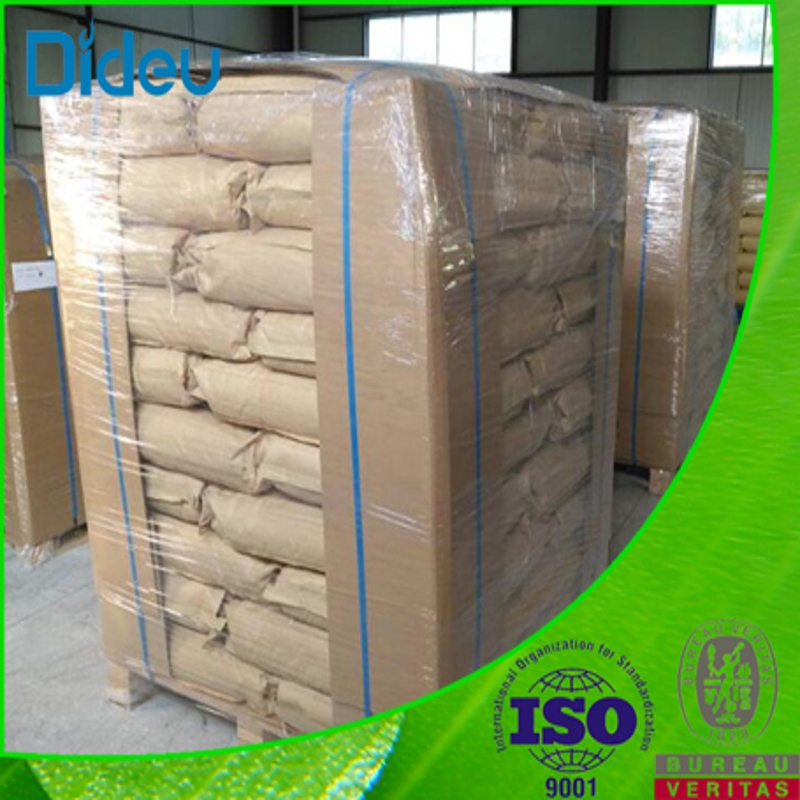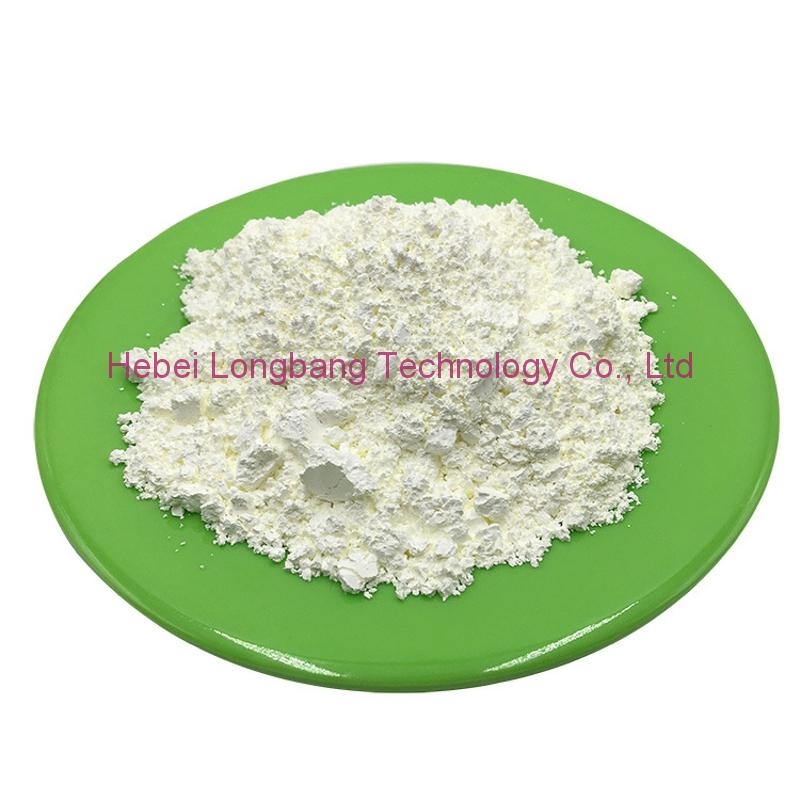-
Categories
-
Pharmaceutical Intermediates
-
Active Pharmaceutical Ingredients
-
Food Additives
- Industrial Coatings
- Agrochemicals
- Dyes and Pigments
- Surfactant
- Flavors and Fragrances
- Chemical Reagents
- Catalyst and Auxiliary
- Natural Products
- Inorganic Chemistry
-
Organic Chemistry
-
Biochemical Engineering
- Analytical Chemistry
-
Cosmetic Ingredient
- Water Treatment Chemical
-
Pharmaceutical Intermediates
Promotion
ECHEMI Mall
Wholesale
Weekly Price
Exhibition
News
-
Trade Service
The degree and duration of neutropenia has long been used as a key clinical parameter
in predicting infection.
One of the most common complications during cancer treatment is neutropenia, which subsequently leads to infectious complications such as fever, which increases mortality by 10%.
In recent studies, the role of the gut microbiome in neutropenia-related infections has been increasingly appreciated, as most bacterial infections originate from the gastrointestinal tract
.
However, the cause of infection has not been established; Moreover, less than half of patients with severe neutropenia develop fever, and the cause of this outcome remains unknown
.
On November 16, 2022, Robert R.
Jenq of the University of Texas MD Anderson Cancer Center and others published a report in Science Translational Medicine entitled: Diet-derived metabolites and mucus link the gut microbiome to fever after cytotoxic cancer treatment's research paper
.
The study revealed the link between diet, gut microbiome, and febrile neutropenia and suggested potential strategies
to reduce or prevent the side effects of this cancer treatment.
Previous observational studies have shown that patients with acute myeloid leukemia (AML) and neutropenia have altered gut microbiome, i.
e.
, dysbiotic flora
.
Metabolomic analysis showed that during the onset of febrile neutropenia, microbiome-derived protective metabolites disappear.
However, scientists still know little
about the pathophysiology of the potential role played by typical non-pathogenic enteric commensal bacteria.
To gain insight into how the gut microbiome influences febrile neutropenia after cancer treatment, the team studied clinical samples and mouse models
.
They first examined 119 patients
at MD Anderson Cancer Center.
All of these patients developed neutropenia after hematopoietic cell transplantation (HCT): 56 (47%) had a normal temperature in the next 4 days and 63 (53%) developed fever, 5 of whom were infected with Enterobacteriaceae and 2 with oral streptococci (Ttreptococci).
Next, the researchers evaluated stool samples
collected at the onset of neutropenia.
By comparing the microbiomes between patients with or without fever over 4 days, they found significant differences
in β diversity.
Increased relative abundance of bacteria of Akkermansia muciniphila (Akkermansia muciniphila) and Bacteroides in patients with fever within 4 days; In afebrile patients, the abundance of Bacillus (Bacilli) and erysipelotrichales increased; Also, there was a significant association
between higher levels of Akk bacteria and a subsequent higher incidence of febrile neutropenia.
AKK and Bacteroides are known to have the ability to degrade mucin, so the researchers hypothesized that gut bacteria from febrile neutropenia patients had a stronger ability to degrade mucinglycans
.
Previous studies have found that mucin glycans are a protein
in mucus in parts of the colon and other parts.
These molecules can directly interfere with bacterial behavior, disrupt the growth of harmful bacteria, and prevent the formation
of infectious biofilms.
The researchers found that in patients who later developed febrile neutropenia, the relative abundance of Akk bacteria with mucolytic properties increased, and the patients' stool samples were more capable of consuming mucinglycans
.
The researchers then introduced the microbiota of patients who later developed febrile neutropenia into germ-free mice, and then used radiotherapy as a model of systemic cytotoxicity to induce neutropenia and non-invasive monitoring of body temperature
.
In contrast to humans, mice experienced hypothermia when exposed to inflammation such as lipopolysaccharides
.
They found that, as expected, radiation induced hypothermia in mice free of specific
pathogens.
As in the results of human patients, the composition of the intestinal flora of mice changed and the abundance of Akk bacteria increased
.
The intestinal mucus layer of mice receiving radiation was significantly thinner
compared to normal mice.
It is well known that diet is a major determinant of the composition of gut microbes
.
Therefore, the researchers tested whether the composition of the microbiome and the colonic mucus layer
were indirectly affected by reducing the food intake of the mice.
A group of healthy mice not receiving radiotherapy were restricted to 50% of the normal daily food intake for 7 consecutive days
.
They found that caloric restriction led to significant changes in the animal microbiome, with increased abundance of Akk and Bacteroides, and decreased bacillus; Mucin glycan degradation is more stable and the colonic mucus layer is significantly thinner
.
These results suggest that reducing nutrient intake is sufficient to produce a thinner colonic mucus layer, but mucus protein production does not appear to be affected
.
The team said it was unclear why the diet was closely linked to Akk, but they found that caloric restriction raised the pH of the colonic lumen, lowered propionate concentrations, and propionate mediated the inhibitory effect
of Akk bacteria on muproglycan utilization.
Thus, the presence of the diet-derived metabolite propionate can serve as a feedback mechanism
to inhibit mucin glycan overutilization.
Treatment of mice receiving radiation with antibiotics targeting Akk bacteria or propionates, such as azithromycin and tetracycline, preserved their colonic mucus layer, inhibited flagellin translocations, reduced inflammatory cytokines in the colon, and improved thermoregulation
.
In conclusion, the study found that the gut microbiome of febrile neutropenia patients was rich in mucin-degrading bacteria
.
Further experiments in mice determined the interaction
of diet, metabolites, and intestinal mucus.
These results suggest that the development of new methods, including diet, metabolites, and antimicrobial strategies, can better prevent febrile symptoms
caused by neutropenia after cancer treatment.
Paper Link:







